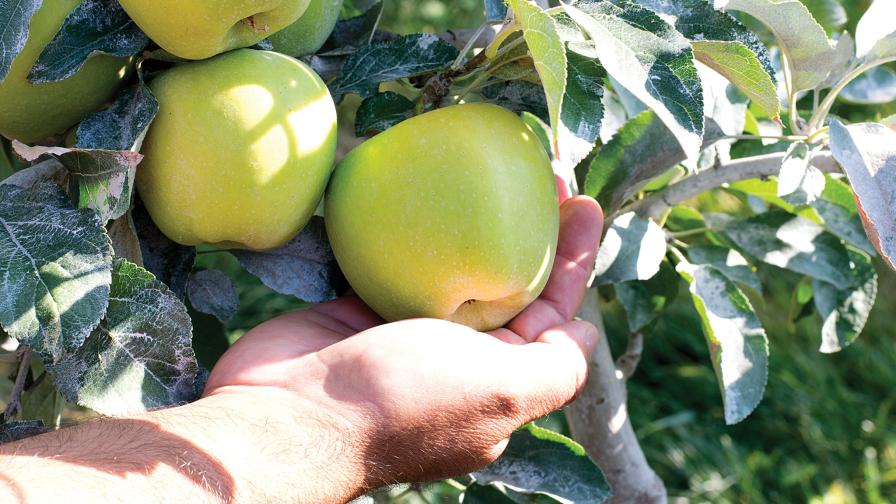GLOBALGAP Gaining Ground
With food safety at the forefront of many people’s minds these days, one way growers are addressing the issue is with voluntary participation in certification programs, such as GLOBALGAP. Founded in Europe 10 years ago, GLOBALGAP (formerly known as EUREPGAP) now includes 80,000 certified producers in more than 80 countries. Designed for agricultural products worldwide, the program reassures consumers about how food is produced on the farm by:
1) minimizing detrimental environmental impacts;
2) reducing the use of chemical inputs; and
3) ensuring a responsible approach to worker health and safety as well as animal welfare.
The overall aim is to establish a single, global standard for good agricultural practices with different product applications.
“Through the adoption of good agricultural practices subject to regular independent monitoring, committed producers — regardless of their scale — can compete on an equal footing,” says GLOBALGAP Chairman Nigel Garbutt.
Well Worth It
While the requirements may sound like a lot, certified growers say the benefits are well worth the efforts.
“GLOBALGAP allows us to assure our customers that they’re getting the safest product, that the residue limits are met, and that there’s no reason for them to worry that we’re shipping them an unsafe product,” says Rich Gauss, food safety administrator for Bernard Egan & Company, a fresh-citrus grower/packer in Ft. Pierce that ships approximately two-thirds of its fruit to Europe and Japan. The business became GLOBALGAP certified in 2002.
“The benefit, from a marketing standpoint,” says Gauss, “is it makes the fruit more valuable to European customers. On the downside, you have to pay for the audit.”
Costs depend on how large your business is and whether it joins GLOBALGAP under the individual grower option or as a producer group. Bernard Egan & Company chose the more economical producer-group option, which is for growers who commonly market their products under one name.
“It’s not that expensive compared to the benefits that you get by being able to tell your customers that you’re GLOBALGAP certified,” says Gauss. “It’s a lot of work, but the benefits from it have paid off.”
Mike Ziegler, owner/president of Ag Resource Management, serves as a consultant to citrus growers/packers and helps many of them achieve and maintain their GLOBALGAP certification. “It provides an internal critique or a reality check,” he says. Growers must answer a series of 236 questions to confirm that they are doing things according to GAPs.
“Because growers are submitting to critical commentary and corrective actions, their operations are very transparent,” says Ziegler. “What you see is what you get and there are no hidden elements.”
Additional advantages may also include reduced liability, customer recognition of high standards, and increased employee safety and productivity.
May Become Mandatory
Gauss says exporting to Europe, food safety issues, and recent recalls in the market dictated the decision to become GLOBALGAP certified.
“We decided to do it before it was mandatory,” says Gauss. “Most European and Japanese customers now want you to be certified. They want some sort of control over pesticide applications in the grove. I suspect in another year or two, it’s going to be mandatory if you’re shipping any type of fruit to Europe.”
“If you are excluded from the European market, you are excluded from a very profitable market,” says Ziegler. “A grower who is GLOBALGAP today is right in line for whatever is coming down the pike.”








